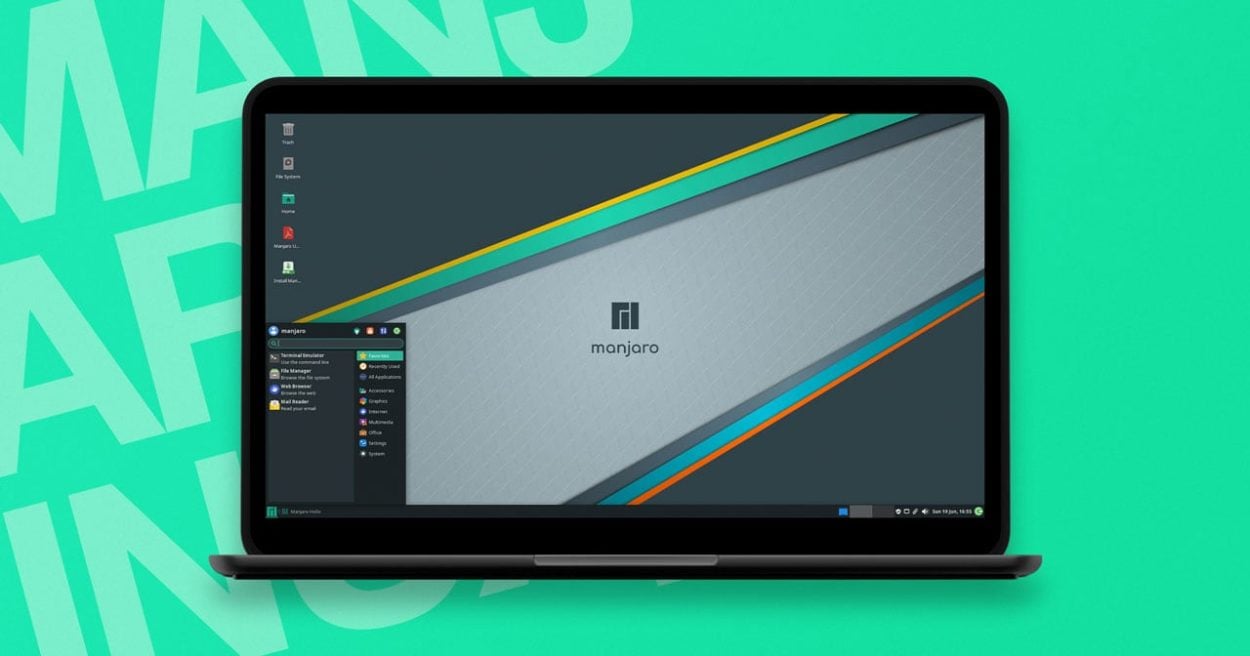this post was submitted on 15 Jun 2023
24 points (100.0% liked)
Linux
48375 readers
1546 users here now
From Wikipedia, the free encyclopedia
Linux is a family of open source Unix-like operating systems based on the Linux kernel, an operating system kernel first released on September 17, 1991 by Linus Torvalds. Linux is typically packaged in a Linux distribution (or distro for short).
Distributions include the Linux kernel and supporting system software and libraries, many of which are provided by the GNU Project. Many Linux distributions use the word "Linux" in their name, but the Free Software Foundation uses the name GNU/Linux to emphasize the importance of GNU software, causing some controversy.
Rules
- Posts must be relevant to operating systems running the Linux kernel. GNU/Linux or otherwise.
- No misinformation
- No NSFW content
- No hate speech, bigotry, etc
Related Communities
Community icon by Alpár-Etele Méder, licensed under CC BY 3.0
founded 5 years ago
MODERATORS
you are viewing a single comment's thread
view the rest of the comments
view the rest of the comments

Well even without that there have been several broken packages that would cause systems to be unbootable when installed. But yes sticking with just the major positories and flat packs would help. As well as taking your time on upgrades and letting other people test it out first. I may be a bit too old school these days. (Started using Linux in the early '90s) I hate snaps. Flat packs are okay but if I can get native binaries I'll generally go for them.